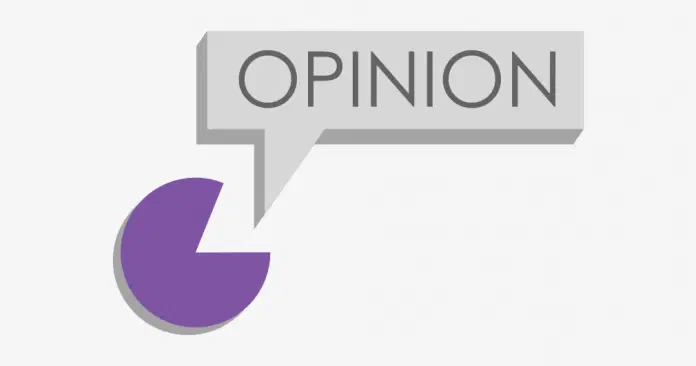Humans are naturally biased, making it challenging to change someone’s mind. This inherent bias explains why marketing—attracting customers to generate revenue—is difficult. It requires capturing the attention of the target audience and altering perceptions. In today’s world, this task has become even more complicated due to information overload and the disruptive nature of the emerging digital economy. Experts suggest that to stand out and engage people, trust, transparency, and authenticity are essential.
The 2024 Lagos Digital Public Relations Summit, held on October 16 and 17, served as more than just a gathering of professionals in the field; it was a platform to explore the art of promoting trust and authenticity in an increasingly complex digital ecosystem. Under the theme “Nurturing Authentic Connections in the Digital Ecosystem,” the summit examined the core challenges public relations (PR) professionals face today, particularly in an environment saturated with information and competing messages.
As businesses and organizations strive to capture attention in this noisy world, the summit’s focus on trust, transparency, and authenticity highlighted the essential ingredients needed to gain traction in the modern digital marketplace. These concepts are critical for connecting with audiences on a deeper, more meaningful level—something easier said than done in a world where information is abundant, and attention spans are fleeting.
In his keynote speech, Adetokunbo Modupe, Chairman/Group CEO of TPT International, emphasized that brands must communicate persuasively to capture and retain their audience’s attention. However, he argued that persuasion must come from a place of authenticity.
Modupe noted that while the rise of artificial intelligence (AI) has revolutionized marketing and communications, there is no substitute for the genuine emotional intelligence required to form lasting connections. He stressed that originality is more important now than ever and that AI should enhance, not replace, the emotional and native intelligence essential for storytelling. He reiterated that ethics remain a cornerstone of public relations, urging practitioners to continue doing the right thing, even amid digital disruption.
O’tega Ogra, Senior Special Assistant on Digital/New Media to the President, delivered a thought-provoking session on trust, calling it the key differentiator for brands that wish to stand out. He shared five crucial lessons on trust, along with their reversals, emphasizing the importance of balancing transparency with strategic communication.
In branding, perception is everything. As Ogra noted, people are drawn to what feels real. Therefore, brands must curate their digital presence authentically and simplify their messaging to build trust. He also pointed out that, at times, illusion can be more powerful than reality.
Trust is a brand’s most valuable asset—a principle Ogra termed the Naval Rule. Brands that consistently deliver on their promises, like the financial platform Piggyvest, can enhance their reputation. While transparency is a powerful tool, Ogra highlighted that there are instances where withholding information can be more beneficial than complete openness.
Emotional intelligence plays a crucial role in forging meaningful connections. Ogra emphasized the importance of brands engaging in active listening, even in digital spaces, and using storytelling to connect with audiences. However, he cautioned that relying too heavily on emotional appeals can sometimes backfire.
Ogra also discussed the power of strategic vulnerability, encouraging brands to own their mistakes and be realistic about their shortcomings. By doing so, weaknesses can become strengths. Yet, he warned that overexposure can lead to new challenges, advising brands to avoid revealing too much.

